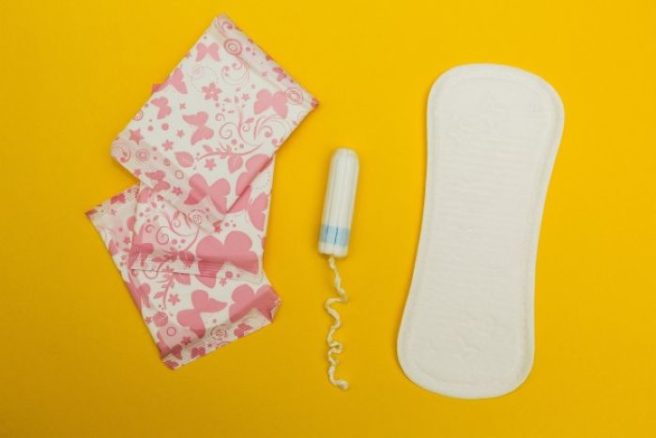
Period Poverty: What you can do to help Irish women in crisis NOW
Research has found nearly half of teenage girls across Ireland are struggling to afford sanitary products during their period.
According to Plan International, out of over 1,100 young women aged between 12-19, nearly 50 per cent of Irish teenage girls find it difficult to afford sanitary products. Young girls even feel the need to hide her period from their family and friends.
Some of the young women said that they were forced to use a “less suitable sanitary product” such as tissues, cotton wool, doubling up on underwear or wearing a pad/ tampon for an exceeded amount of time because of the high monthly cost involved.
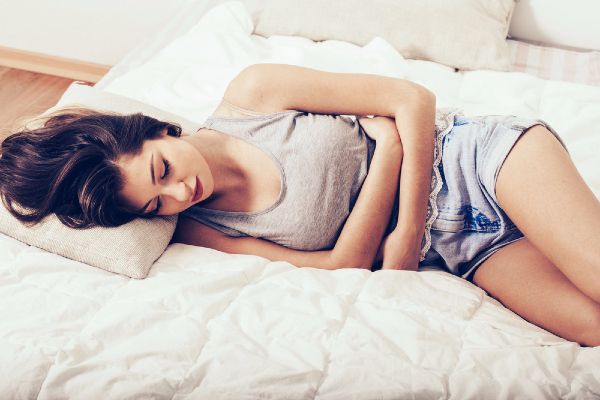
Reusable products aren’t sufficient and they’re not necessarily hygienic either. Pads and tampons are necessities but are still seen as luxury.
Nearly 60 per cent of young women said they did not find classes at school on periods helpful while six out of ten reported feeling embarrassed about their period.
A small number said they believed they could lose their virginity by using a tampon, while others did not think it was possible to become pregnant while on their period. 61 per cent of Irish girls have missed school because of their period and more than 80 per cent said they didn’t feel comfortable talking about their periods with their father or a teacher.
Nearly 70 per cent take some form of pain relief during menstruation.
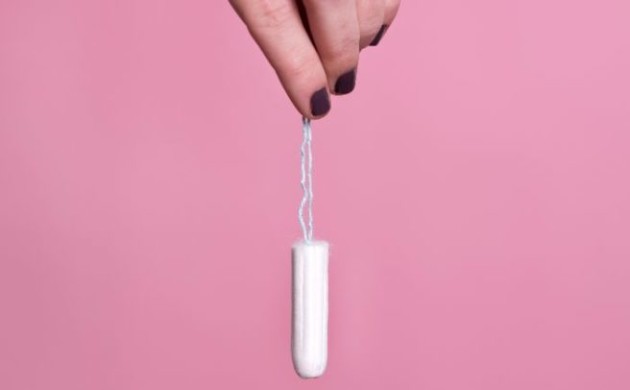
Chief Executive Plan International Ireland Paul O’Brien said he hoped the study into young women’s views on their periods would help remove the stigma and shame associated with the natural female bodily function.
'We want girls to know it is OK to talk about their period- especially if half of the girls Plan International Ireland spoke to nationwide cannot afford products for their periods,' he said.
Alesha Dixon, an Always ambassador, said: 'The more awareness we can raise about this issue, the more we can help to remove the shame girls feel in talking about it. Puberty is a hard enough time to navigate without feeling embarrassed about not being able to afford essential sanitary products and no girl today should experience that.'
Scotland became the first country in the world to provide free sanitary products to women from low-income households in 2017, and from this month onwards it will become the first to make sanitary products easily accessible to those at school or university.
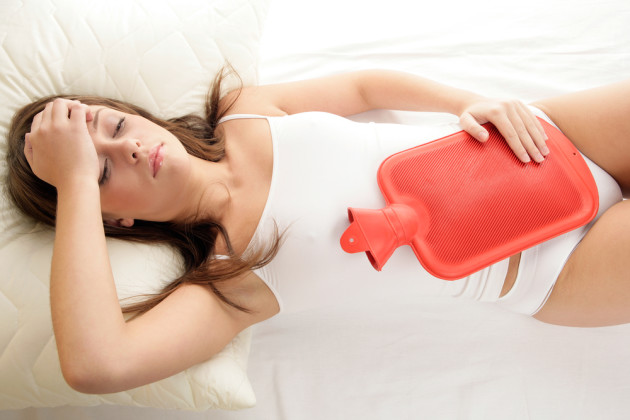
The 2016 film I, Daniel Blake, which features a woman in poverty stealing tampons, highlighting the issue of the price of sanitary products and it helped inspire Scotland’s pilot scheme.
In Ireland, pads can cost anywhere between €2.00 and €6.00 a pack with the average pack containing 10-15 pads. Tampons range in price from about €1.50 to €6.00 a pack.
A 12 pack of Nurofen painkillers costs €4.20. It will cost a woman with 13 periods a year €132.34 (approximately) for sanitary products per year.
Women who are homeless, in emergency accommodation, or struggling to feed themselves and their family unfortunately have to make a decision between buying tampons or food.
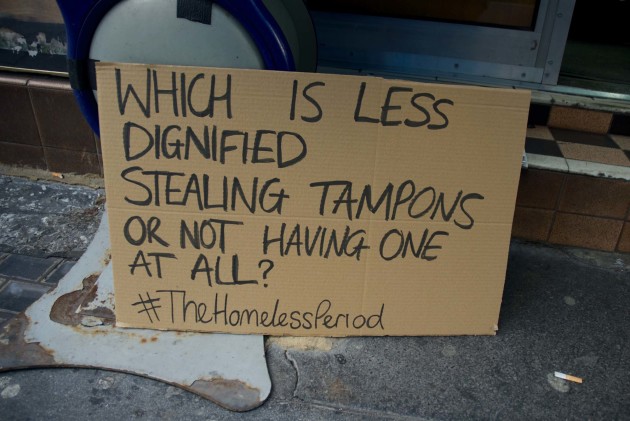
Although shelters get an allowance from the Government every year to buy items like condoms, there’s still nothing for sanitary products, and that’s the same with Irish Universities.
Women who can’t afford sanitary products are left to go to public bathrooms to improvise.
The Homeless Period encourages people to donate sanitary products to homeless women.
'At present, there are over 1000 women sleeping on the streets of Dublin alone, and countless others who are living in emergency accommodation or in extreme financial strain at home. These women deserve the same basic level of hygiene each month that the majority can afford,'' Petra Hanlon of the Homeless Period said. '
'The Homeless Period Dublin is an important initiative to not only bring donations of sanitary products to those in need, but also to break down the taboo surrounding periods and to educate that this is a monthly basic hygiene need and expense for all women,'' she added.
In Dublin, you can currently drop your donation off at any Simon Community shop or centre, in Smithfield in the Market Pharmacy, in An Siol Community Development Project on Manor Street or Tropical Popical on South William Street.
Many women everyday get caught short and have received their period unexpectedly. Whether it’s awkwardly running to the shop to get emergency supplies or having to improvise, it happens. It could be an idea for businesses to buy supplies from wholesalers and supply something for their female staff.
It’s often wondered how much companies could save if they stopped providing other perks, such as free tea and coffee. But we don’t need free tea and coffee.
You won’t have an embarrassing accident without tea or coffee. Similarly, not everyone needs female sanitary products but not everyone takes advantage of the free drinks in offices.









